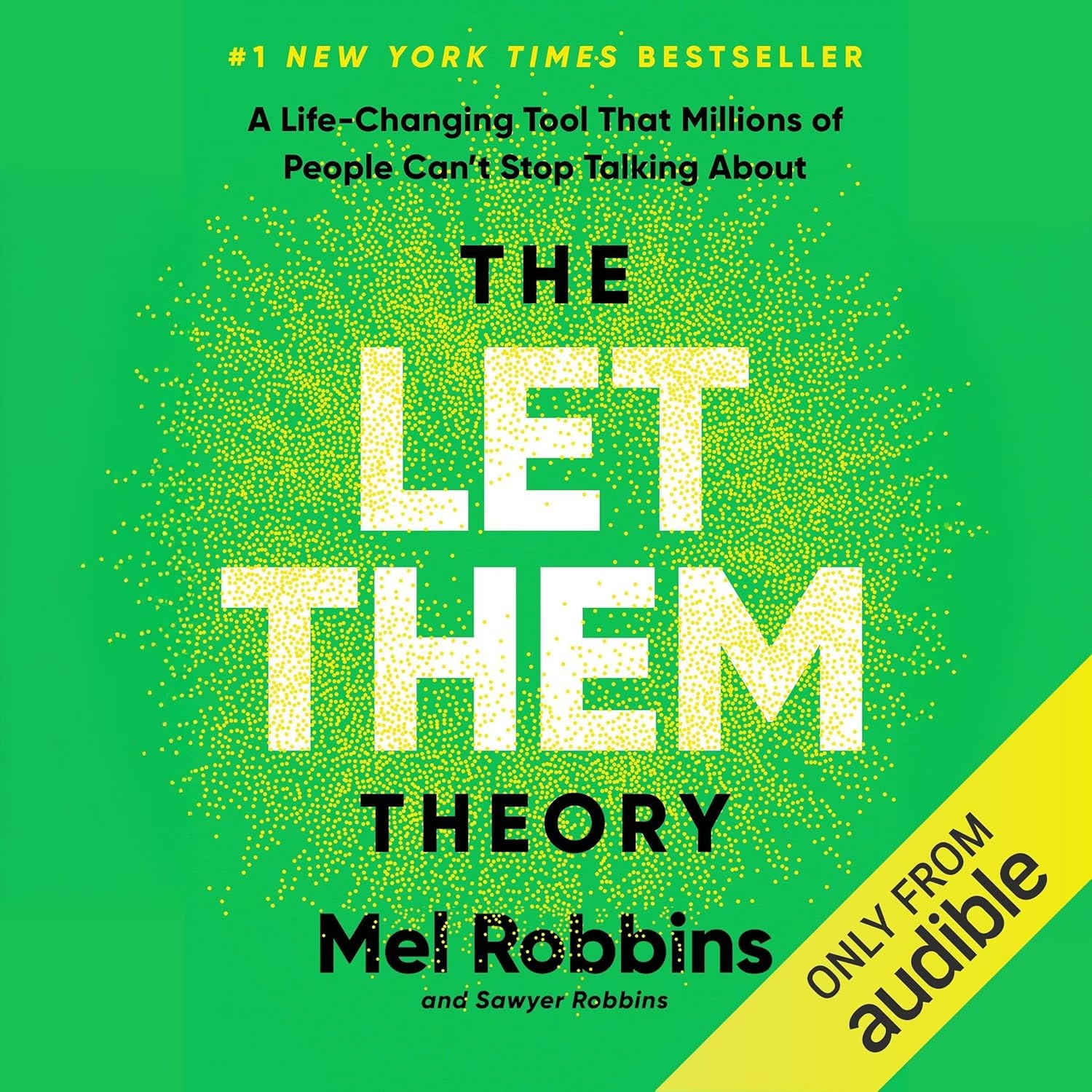![]() Since there are an almost infinite number of books and a finite amount of time in which to read them before I close my last chapter, I generally have certain “criteria” when picking a novel. I try to find books that have interesting plot lines and compelling characters. Unless I am in the mood for comic escape, I want to learn or virtually experience something new. Finally, though rare, I hope to find that author whose prose is challenging or intriguing in itself, i.e., intrinsically artistic. Swallow, the debut novel from author and former criminal attorney Tonya Plank, is fairly successful with the first two objectives. As to the third, Plank’s writing style is definitely competent, but essentially conventional.
Since there are an almost infinite number of books and a finite amount of time in which to read them before I close my last chapter, I generally have certain “criteria” when picking a novel. I try to find books that have interesting plot lines and compelling characters. Unless I am in the mood for comic escape, I want to learn or virtually experience something new. Finally, though rare, I hope to find that author whose prose is challenging or intriguing in itself, i.e., intrinsically artistic. Swallow, the debut novel from author and former criminal attorney Tonya Plank, is fairly successful with the first two objectives. As to the third, Plank’s writing style is definitely competent, but essentially conventional.
Swallow is the story of Sophie Hegel, a young lawyer from a small town in Arizona whose first job is with the public defenders’ office in the merciless New York legal system. Swallow is largely a character study of the causes and repercussions of a psychological disorder which results from having an overly critical, under-involved father.
Sophie is a recent graduate of Yale law school, who is convinced she was admitted to fulfill the school’s white trash quota. As a recovering attorney myself, who often felt like an imposter in both law school and practice, I was interested in her struggle to survive in a “world of pedigreed professionals for which she had no preparation.”
Sophie suffers from a psychological disorder known as “Globus Sensate,” an imaginary lump in her throat she has affectionately named “FB” for fist ball, which prevents her from eating without choking. The story begins with a repressed childhood memory of her first choking incident during her 7th birthday party and continues with an exhaustive, and rather disgusting, retelling of her subsequent choking episodes.
The first half of the novel is standard issue “Chick Lit:” an attempt to address women’s issues, often with a humorous view. However, while billed as a dark comedy, I did not find it that funny. The second half of the novel is much more serious, dealing with issues concerning the treatment of criminals in the justice system and September 11.
The previews to the book suggested to me a kind of Bridget Jones does New York. Sophie, like Bridget, is neurotic and self-obsessed, trying to make her way as a young professional in a system she believes is against her. While Bridget opened her chapters counting alcohol and calorie intake, Sophie’s story chronicles her journey from a size 8 to a size 0. Unfortunately, where Bridget is charming and fresh – and, most of all, extremely funny — Sophie is often self-righteous and sullen. Her fixations with weight loss and subsequent rationalizations that she looks fine, despite the fact friends think she looks anorexic, is annoying. Plank’s attitude toward eating disorders is confusing. It appears at first she is making a statement about their dangers, but then toward the end of the book, she seems to reinforce the appeal of looking like a cadaver by having Sophie model in a fashion show.
Sophie has issues with everyone from her law school professor, Professor Bloatum, the “Socratic Method Master from Hell” (one of the more humorous descriptions), to her co-workers and even her shrink. It does not take a psychology degree to conclude that Sophie’s condition is caused by cripplingly low self-esteem and anxiety, originating from an overly-critical father. As a result, she views her interaction with peers and supervisors alike with trepidation and defensiveness, ultimately resulting in a psychological disorder that has physical manifestations. Irritatingly, no one around her, from her fiancé to her best friends, seems able to figure this out. I found myself almost yelling at her to get a grip!
The cast of characters is promising and fairly well-developed. These include a pornographic film producing father, the uptight corporate attorney fiancé, the sister who has a penchant for marrying from the criminal element and the obligatory two best friends: Thom, a gay painter of male nudes and Francine, a sardonic, sophisticated “surrogate mother.” With the exception of Francine, Sophie has a complicated, defensive relationship with all of them, which made me wonder why anyone wants her around.
This is not to say that there aren’t some quirky, entertaining scenes in the book. The interaction with her fiancé’s ex-girlfriend from hell and the wedding dress sessions adds some comic drama. The court room scenes are particularly amusing, with a legal panel reminiscent of the justices in the Boston Legal television series. However, I felt that the book never reaches its comic potential. A particularly ripe scene in the chapter entitled “Boobs,” in which Sophie, in preparation for a dinner party for her fiancé’s supervisor, arranges the covers of her father’s porn videos as the center piece, fell flat.
What distinguishes Swallow from the lighter writing in this genre is a rather serious look at some important social issues. There is some fairly in-depth analysis of our legal system. While Plank’s descriptions are a little heavy handed — the criminal defendants in the story are all portrayed as innocent while the judges are careless and uncaring– she does help illustrate the challenges faced by the poor and minorities in our justice system.
Unexpectedly, Plank’s depiction of what it was like to be at Ground Zero during September 11 is one of the most vivid accounts I have read about the tragedy. I could almost feel the dust in my lungs and how it would have been to not be able to find a door to a building to get inside. For me, it was an important reminder of the chaos and uncertainty surrounding us at the start of this decade and the opportunities that might have been lost.
Plank avoids the cliché ending where everything is neatly tied up. Sophie remains unsure about her relationships with both her father and her fiancé. In her effort to speak up for herself, as counseled by her psychiatrist, she alienates several people including her sister and a co-worker. There are no easy answers to her lack of self-esteem and self-criticism. Sophie is told that, while she is improving, she will probably suffer from this mental feeling of choking for the rest of her life. “You can’t always locate the original source of something and you certainly can’t control it. Better to concentrate on the present; you can strive to manipulate that and only that.” Sophie is facing the challenge by putting the focus on her life’s work instead of her personal life.




One thought on “Reader Judy Rowles Reviews “Swallow” by Tonya Plank”